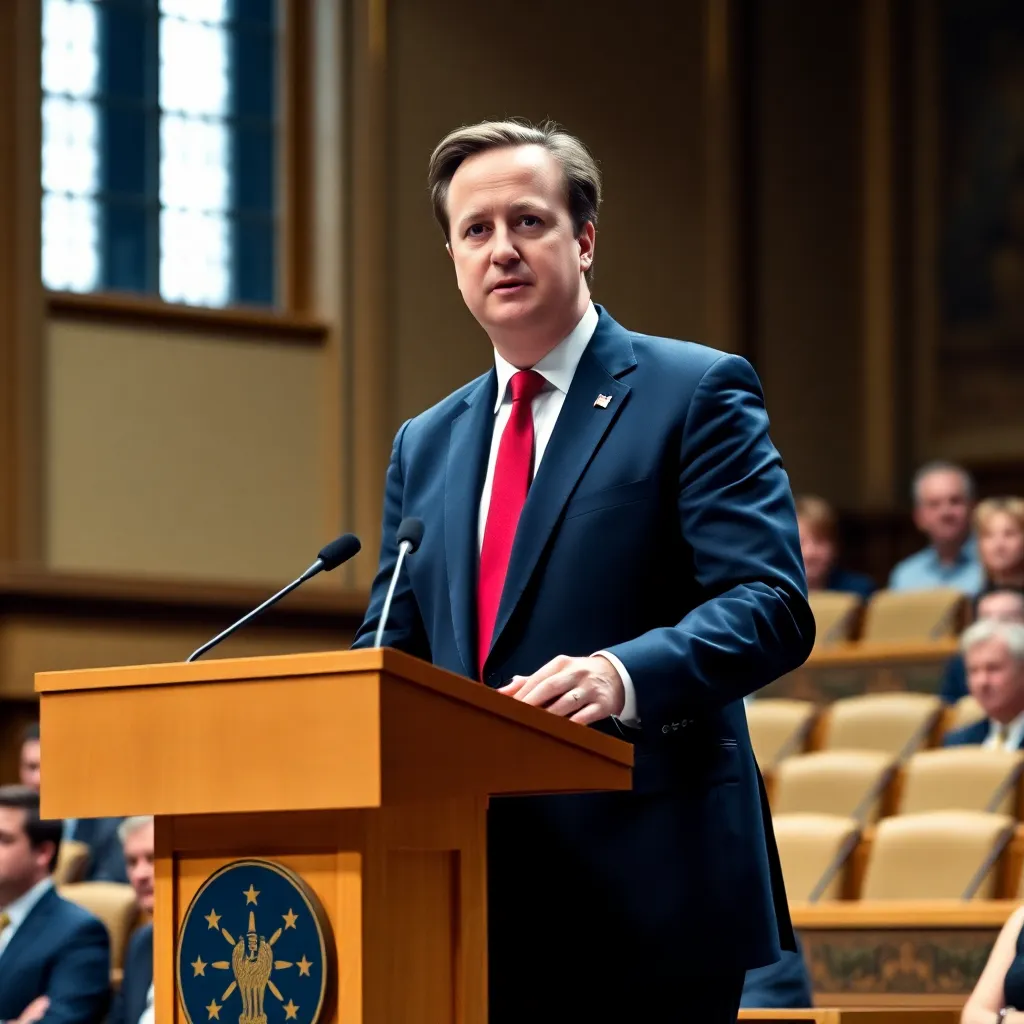
David Cameron’s Stance on Syria: A Complex Web of Politics and Intervention
In 2013, the Syrian Civil War was raging, with devastating consequences for the civilian population. The use of chemical weapons by the Assad regime had crossed a red line, prompting international condemnation and calls for action. It was against this backdrop that David Cameron, then Prime Minister of the United Kingdom, sought to intervene more directly in the conflict.
Cameron’s proposal to back a US-led strike against chemical-weapons installations in Syria was a significant escalation of the UK’s involvement in the conflict. The plan was to target key facilities and infrastructure, with the aim of degrading the Assad regime’s ability to wage chemical warfare. However, the move was met with skepticism and opposition from various quarters, including some of Cameron’s own Conservative MPs.
The Labour Party, led by Ed Miliband, was vocal in its opposition to the proposed intervention, citing concerns about the potential consequences of military action. The party’s reservations were shared by many in the UK, who were wary of becoming embroiled in another Middle Eastern conflict. The legacy of the Iraq War, which had been deeply unpopular in the UK, still lingered, and many were hesitant to support another military intervention.
Despite these challenges, Cameron remained committed to his plan, arguing that inaction in the face of chemical-weapons use would be morally reprehensible. He also emphasized the need to protect national security, citing the potential risks of allowing the Assad regime to continue using chemical agents with impunity.
However, Cameron’s efforts to build a coalition in support of intervention ultimately proved unsuccessful. The US Congress refused to back the proposed strike, and the UK Parliament also rejected the plan, with 285 MPs voting against intervention. The defeat marked a significant setback for Cameron, who had invested considerable political capital in the proposal.
In the aftermath of the vote, Cameron faced criticism for his handling of the crisis. Some argued that he had misread the mood of the country and underestimated the depth of opposition to intervention. Others suggested that he had failed to make a compelling case for action, relying too heavily on emotive appeals rather than presenting a clear and coherent strategy.
Despite these criticisms, Cameron’s commitment to addressing the humanitarian crisis in Syria remained unwavering. The UK continued to provide significant aid to those affected by the conflict, and Cameron played a key role in promoting international efforts to find a peaceful solution.
In conclusion, David Cameron’s stance on Syria was shaped by a complex web of politics and intervention. While his proposal to back a US-led strike against chemical-weapons installations ultimately proved unsuccessful, it reflected his deep concern about the humanitarian crisis unfolding in Syria. The episode highlighted the challenges of navigating the complexities of international politics, where moral imperatives often collide with competing interests and priorities.





